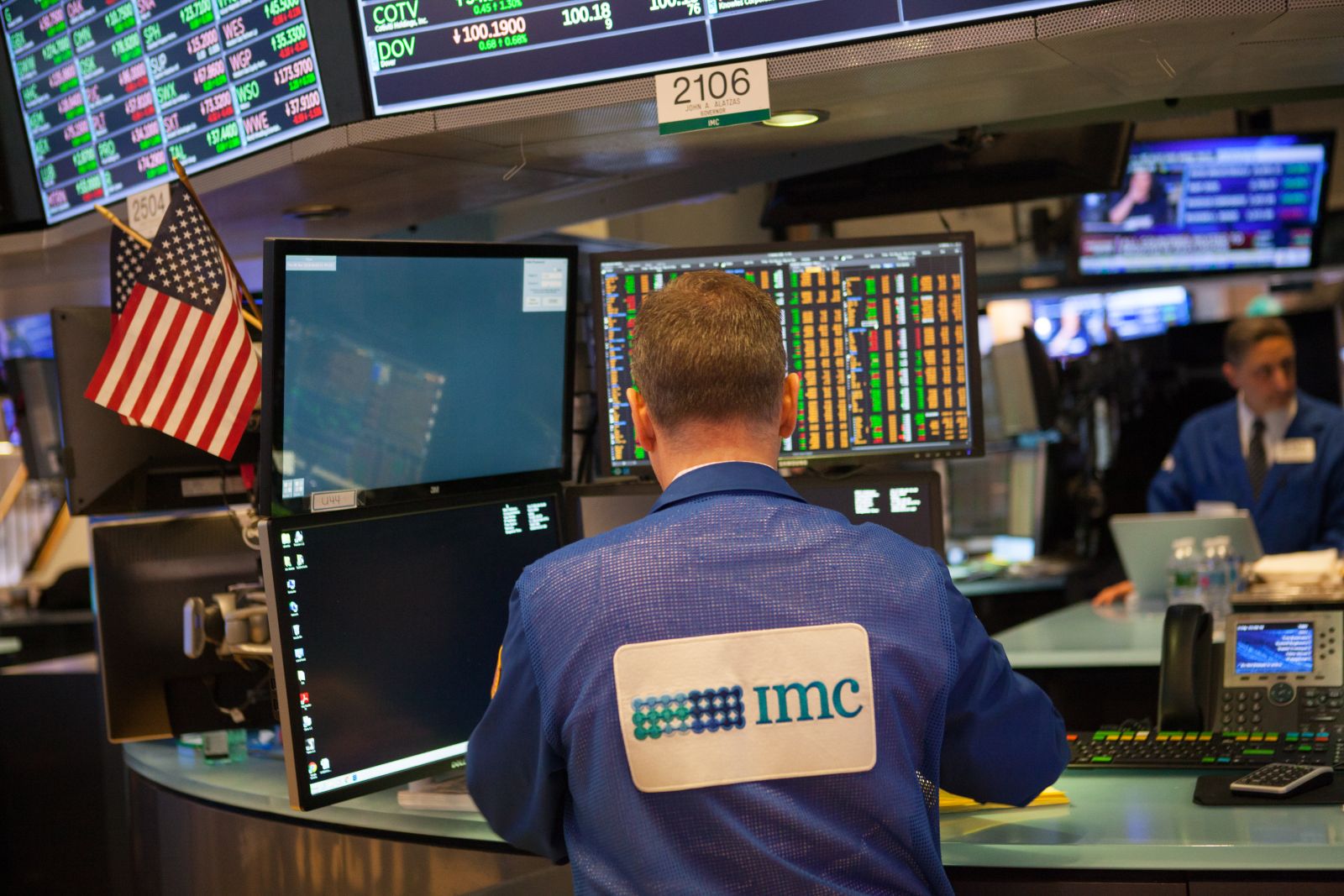Introduction:
Arbitrage, a basic notion in finance, describes the act of buying something in one market and immediately selling it in another to take advantage of price differences. Although often seen as something done by experts and large investment firms, this activity actually contributes significantly to how well modern financial markets function. An expert at 1P Fund, Alex Baumer claims that arbitrage is essential to maintaining pricing equilibrium in international marketplaces and enables traders to profit on passing opportunities with little risk.
What Is Arbitrage?
The practice of taking advantage of price variations for same or comparable financial assets in two or more marketplaces is known as arbitrage. A trader can purchase low and sell high nearly at the same time when they find an item that is valued lower in one market and higher in another. If market circumstances are steady throughout execution, the outcome is a profit without taking any risks.
Inefficiencies, which might result from irregular information distribution, supply and demand discrepancies, or delays in pricing changes, are the foundation of this technique. Arbitrage chances may be very rewarding if they are implemented quickly and precisely, even though they are usually fleeting.
Arbitrage Strategy Types
Several forms of arbitrage exist in financial markets. Each strategy targets specific inefficiencies and requires distinct tools, timing, and market knowledge.
- Spatial Arbitrage
Buying an asset in one market and selling it in another where the price is greater is known as spatial or geographical arbitrage. This tactic is popular in the cryptocurrency and foreign exchange markets, where prices might range across platforms as a result of different trade volumes or supply-demand mismatches.
The price of Bitcoin, for example, may be $29,500 on a U.S. exchange and $29,600 on a Japanese corresponding market. This $100 price difference might be profitable for a trader using spatial arbitrage in this situation, if the transaction costs and exchange rates let it.
- Triangular Arbitrage
This form of arbitrage occurs in currency markets. In order to take advantage of differences in cross-currency exchange rates, it uses three different currencies. For instance, a trader can profit from mispricing by converting one currency to another and back again if the exchange rates between the USD, EUR, and GBP are not correctly aligned.
- Statistical Arbitrage
Statistical arbitrage is a trading strategy that looks for odd price disparities between comparable investments using computer algorithms and mathematical models. Often, it involves something called pairs trading. Here, traders watch two connected assets, and if their prices stray too far from their typical pattern, the traders will buy one and sell the other. The idea is that the prices will eventually come back in line.
- Merger Arbitrage
This tactic, which is often referred to as risk arbitrage, is shorting the shares of the acquiring business while purchasing shares of the company that is the subject of an announced acquisition. Profiting from the difference between the present market price and the final transaction price--assuming the merger is successful--is the aim.
Role of Technology in Arbitrage
Today's arbitrage tactics rely mostly on technology. High-frequency trading (HFT) companies identify and act on arbitrage opportunities in milliseconds by using complex algorithms and lightning-fast data streams. Having access to co-located servers, low-latency networks, and real-time price data enables traders to beat rivals in snagging transient inefficiencies.
Additionally, arbitrage systems are progressively using machine learning and artificial intelligence. By increasing pattern identification, forecasting accuracy, and lowering human error, these technologies increase the efficacy and scalability of statistical arbitrage techniques.
Crypto Arbitrage: Chasing Profits Across Exchanges
Crypto markets have opened up exciting new ways to make money--one of them is arbitrage. It's pretty simple: sometimes the same cryptocurrency has slightly different prices on different exchanges. So, a trader might buy Bitcoin on one platform where it's cheaper and quickly sell it on another where it's a bit more expensive. That small price gap? It's potential profit.
But it's not always smooth sailing. You've got to deal with network fees, transfer delays, withdrawal limits, and sometimes even exchange downtime. These can eat into your profits or ruin the timing. Still, many traders find crypto arbitrage appealing because the market is young and moves fast, meaning bigger price swings and more chances to spot those gaps than you'd find in traditional finance.
Why Arbitrage Matters for Market Fairness
Arbitrage isn't just about making quick profits--it actually plays a big role in keeping markets fair and balanced. When traders spot price differences for the same asset in different places and take advantage of them, they help bring those prices closer together. This keeps things more consistent, transparent, and less confusing for everyone involved. In short, arbitrage helps make the whole system run more smoothly and fairly. For the advantage of all market players, this continuous corrective mechanism assures that assets are priced appropriately.
According to Alex Baumer of 1P Fund, arbitrage serves as a balancing force in global trading systems. Its presence not only provides profit opportunities for skilled participants but also reinforces the principles of fair pricing and market discipline.
Disclaimer: This article is purely informational and doesn't offer trading or financial advice. Its content is not intended to be investment advice. We do not guarantee the validity of the information, especially when it pertains to third-party references or hyperlinks.
COMTEX_465381037/2908/2025-05-10T09:25:34





/Oracle%20Corp_%20logo%20on%20phone%20and%20stock%20data-by%20Rokas%20Tenys%20via%20Shutterstock.jpg)
/Green%20hydrogen%20by%20Scharfsinn%20via%20Shutterstock.jpg)

/NVIDIA%20Corp%20logo%20on%20phone%20and%20AI%20chip-by%20Below%20the%20Sky%20via%20Shutterstock.jpg)